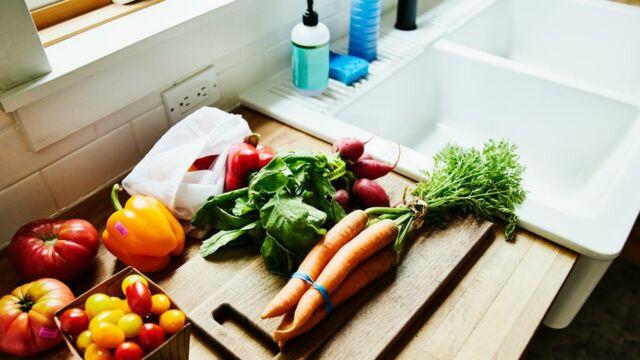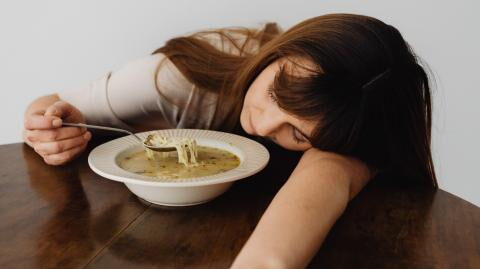With the colder months kicking in and the onset of flu season, health authorities have raised concerns about rising Covid-19 cases. People hanging out in enclosed spaces and joining large gatherings for the holidays is a recipe for disaster if precautionary measures are not exercised by everyone.
Discover our latest podcast
In related news, as reported by BBC,a team of scientists who carried out tests for the Food Standards Agency (FSA) have reported some findings about how long covid-19 virus can survive on ready-to-use groceriessuch as fruits, water bottles and vegetables.

Covid-19 virus can survive for days on some groceries
The findings indicate that there is no fixed time when it comes to the longevity of the virus on surfaces. In the study, in case of most grocery items, the virus levels went down within 24 hours.
The report states,
Results showed that virus survival varied depending on the foods and food packaging examined. For most foods tested there was a significant drop in levels of virus contamination over the first 24 hours.
In case of some groceries, the virus could survive for days under specific conditions. These groceries include peppers, bread crust, ham and cheese, croissants and pain au chocolate.

Scientists infected groceries with Covid-19 virus
For the study, scientists ‘artificially inoculated’ foods and packaging with SARS-CoV-2. They note than such planned contamination in the laboratory does not fully reflect contamination found on surfaces in real life.
Regarding viral persistence, the study says,
Viral persistence under indoor conditions is complex and may be driven by many factors, including surface type, surface porosity, droplet or aerosol size, temperature, relative humidity and matrix.
As per the report, the possibility of catching Covid-19 via food is still very low. The public need not take extra precautions but should continue washing their hands properly, use hydro-alcoholic gel to properly sanitise surfaces and also wash and rinse fruits and vegetables before eating them.
BBC quotes Anthony Wilson, microbiological risk assessment team leader at the FSA, who states,
This research gives us additional insight into the stability of coronavirus on the surfaces of a variety of foods and confirms that assumptions we made in the early stages of the pandemic were appropriate, and that the probability that you can catch Covid via food is very low.
Sources used:
FSA: ‘Survival of SARS-CoV-2 on food surfaces: Discussion’
BBC: ‘Infectious Covid virus can stay on some groceries for days’















